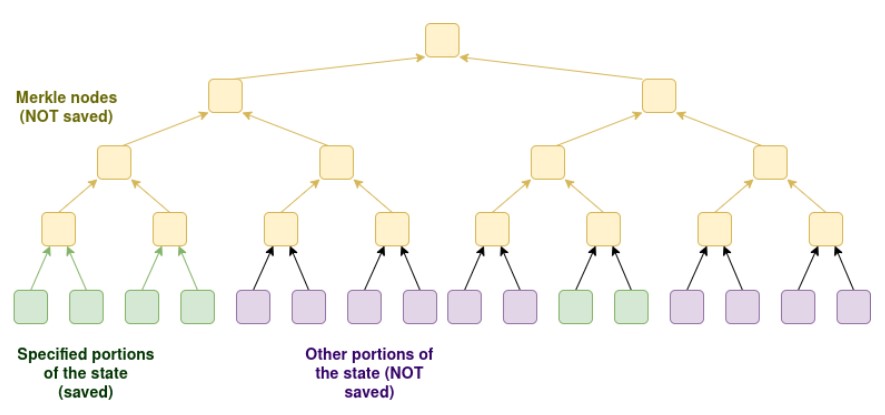Ethereum co-founder Vitalik Buterin shared a plan to ensure people can continue to access Ethereum in a secure, censorship-free way, even as the network expands. On May. 19, Buterin shared a post explaining how to make Ethereum’s layer-1 scaling more user-friendly for people running their own local nodes.
The Ethereum co-founder stressed the importance of individuals running their nodes. Additionally, he said that relying too heavily on a small number of RPC providers could lead to censorship. RPC providers allow wallets, users, and apps to access and interact with the blockchain without needing to run their own nodes.
Crypto wallets often rely on a service called an RPC provider to work in the background. Buterin thinks this setup can be risky. He wrote:
A market structure dominated by a few RPC providers is one that will face strong pressure to deplatform or censor users. Many RPC providers already exclude entire countries.
Buterin’s stateless nodes to simplify Ethereum
Buterin also pointed out that, besides censorship, expensive fully trustless cryptographic solutions and protecting metadata privacy show why it’s important to make running a personal node easier.
Buterin’s solution uses a novel type of node called “partially stateless nodes.” These nodes help users access blockchain data privately without needing the heavy resources of a full node. Furthermore, as Ethereum grows and the gas limit rises, running a full node needs more storage and bandwidth.
He said partially stateless nodes solve the problem by letting users verify the blockchain and access local data while only storing a part of the Ethereum state based on what the user needs.

A new node type to lighten Ethereum’s load
The nodes work by verifying blocks without keeping all the data. They don’t need to store the full proofs or the entire blockchain history. Instead, they can update and keep only the parts of the state that matter.
Therefore, this means users could set their nodes to save only data related to their accounts, the DeFi apps they use, and the tokens they frequently interact with, like stablecoins and Ether.
The rest of the data will be left out, and queries beyond the stored subset will either fail or be handled through an RPC solution.







